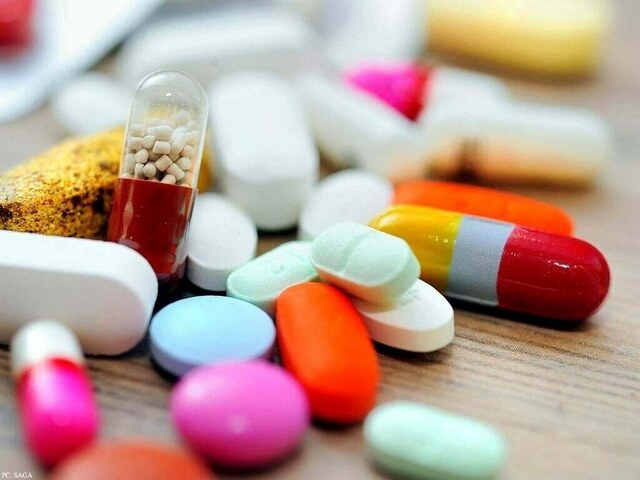Saturday, Oct 25, 2025 | 02 Jumada Al-Awwal 1447
Saturday, Oct 25, 2025 | 02 Jumada Al-Awwal 1447

ISLAMABAD: The government has decided to end reliance on the imported vaccines and formulate a viable policy so that bulk of vaccines could locally be produced for which Drug Regulatory Authority of Pakistan (DRAP) is tasked to come up with a comprehensive roadmap.
Pakistan, with its substantial domestic market ranking fifth globally, currently faces a critical reliance on imported vaccines, accounting for more than 95 percent of its supply. Around 49 percent vaccines are being imported and 51 percent are being donated by the global partners.
A meeting of the Prime Minister’s Committee on Incentivizing Local Manufacturing of Vaccines in Ministry of National Health Services, Regulations and Coordination was held here to discuss and review policy-related matters. The meeting was chaired by Special Assistant to the Prime Minister (SAPM) on Industries and Production, Haroon Akhtar Khan. Beside others, the meeting was attended by the senior officials of the health ministry, the National Institute of Health (NIH), and the Drug Regulatory Authority of Pakistan (DRAP).
The prime minister has constituted a committee to assess the total annual requirement of essential vaccines, cost of their import as well as the viability of local production, to explore the options for local production of essential vaccine in Pakistan particularly by encouraging leading vaccine manufacturing companies and to recommend measures for incentivizing local production.
The meeting was informed that DRAP has conducted a series of consultative sessions on local manufacturing of vaccines with all relevant stakeholders.
The meeting discussed in detail the local manufacturing of vaccines, formulation of a National Vaccine Policy, existing hurdles, and the way forward. Pakistan’s annual vaccine demand is currently met almost entirely through imports and donor-supported programmes.
The vaccines imported and used for Expanded Programme on Immunization (EPI), Bivalent Oral Polio Vaccine (bOPV), BCG and Tetanus-Diphtheria are 100 percent procured from the WHO-PQ sources through Government of Pakistan funding. For the fiscal year 2025-26, the country share by Government of Pakistan stands 49 percent and the GAVI shares 51 percent.
Local production of vaccine is limited to the “ready-to-fill”, lacking end-to-end manufacturing capabilities, for 4 products only. Pakistan has a growing pharmaceutical manufacturing base that can contribute to locally producing WHO-prequalified Anti-TB, HIV, and Malaria medicines which are critical for both national health security and international credibility. Expanding into WHO PQ for these products will complement vaccine self-reliance efforts and strengthen Pakistan’s role as a regional supplier.
Haroon Akhtar Khan stated that as per the directions of Prime Minister, all-out efforts are being made to promote indigenous vaccine production in Pakistan. He informed that a high-level committee has already been constituted under the Prime Minister’s instructions to facilitate local manufacturing of vaccines.
He emphasized that local vaccine production is essential for Pakistan’s national health security and economic resilience.
“The government is developing a comprehensive policy to promote local manufacturing of vaccines, which will not only reduce the import bill but also strengthen the national economy,” he said.
Haroon Akhtar Khan further stated that the National Vaccine Policy will soon be finalized.
“Local production of vaccines will ensure health security and economic self-reliance for Pakistan,” he added.
Highlighting the broader impact, the SAPM said that the development of the biotechnology and pharmaceutical sectors will create new employment opportunities in the country.
“Local vaccine production will enhance our preparedness to effectively respond to future pandemics and emergencies,” he noted.
He also mentioned that the government is in active contact with international organisations for technology transfer and investment partnerships. The establishment of a Pakistan Vaccine Manufacturers Alliance will strengthen institutional coordination, while steps are being taken to enhance the capacity of the NIH and the DRAP.
Copyright Business Recorder, 2025